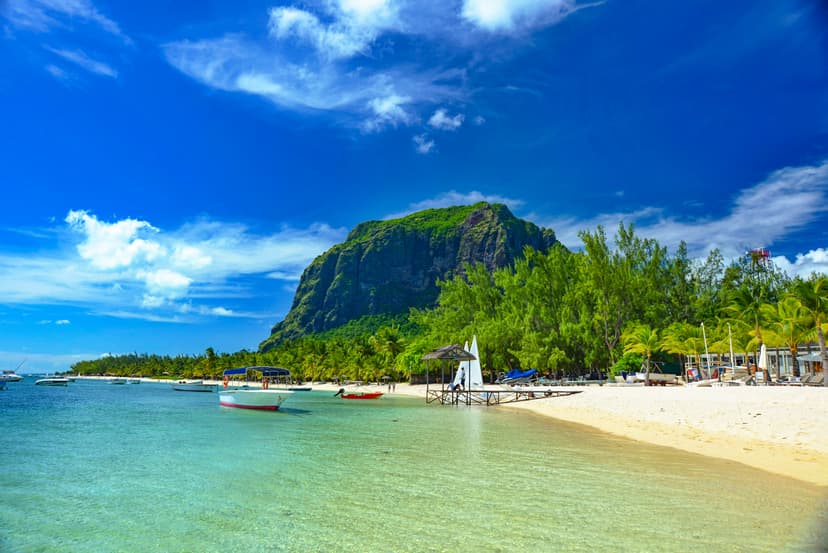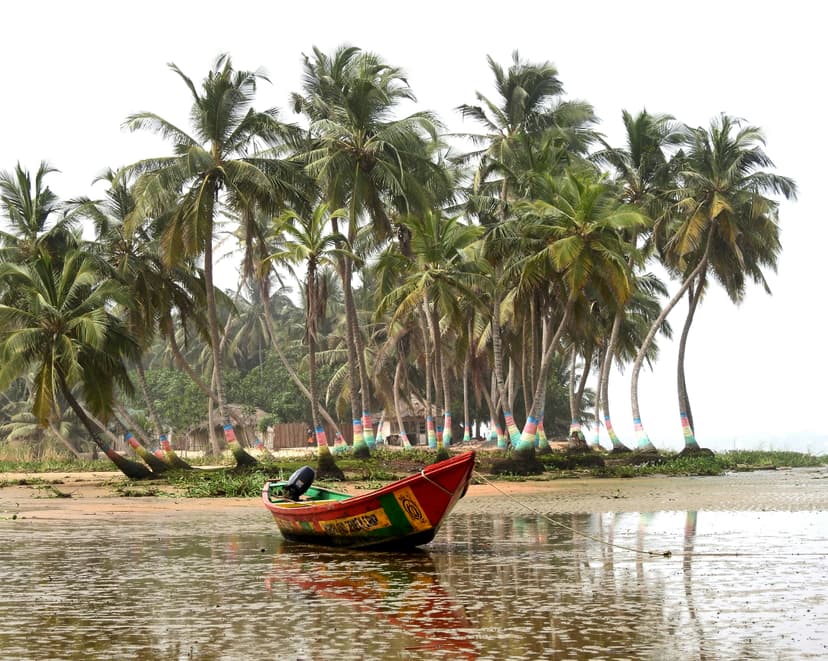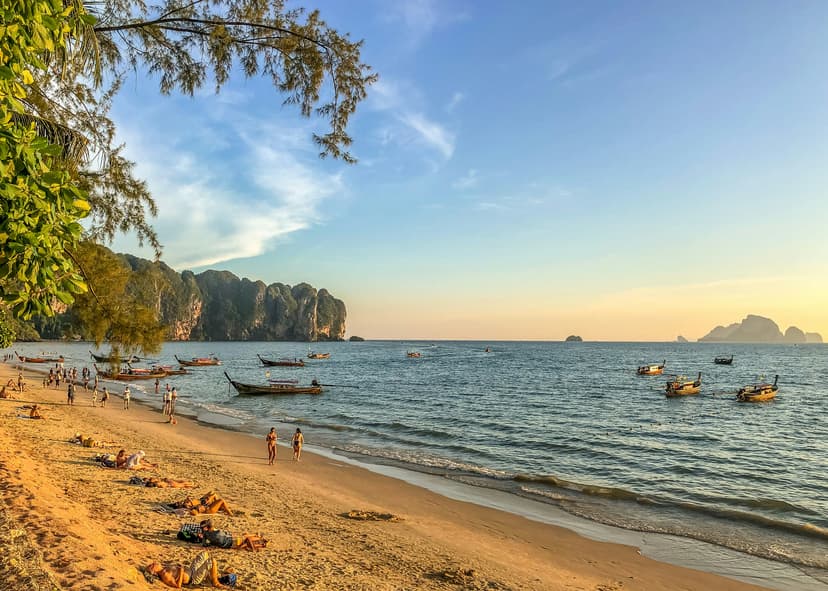Exploring lesser-known destinations that offer incentives to visitors can lead to unique experiences and financial benefits. Here are some hidden gems that have, at times, provided monetary or other incentives to attract tourists:
1. Uzbekistan
In an effort to boost tourism during challenging times, Uzbekistan introduced a unique initiative: offering $3,000 to any tourist who contracted COVID-19 while visiting the country. This bold move aimed to reassure potential visitors of the nation's commitment to their safety and well-being.
2. Copenhagen, Denmark
Copenhagen launched the "CopenPay" pilot initiative to promote environmentally friendly actions among tourists. Visitors were rewarded with small gifts such as free ice cream and museum tours for actions like cycling, picking up litter, and participating in eco-friendly activities. This scheme aimed to raise awareness and inspire a green mindset among tourists, aligning with Copenhagen's goal to become the world's most sustainable city.
3. Faroe Islands
The Faroe Islands have experienced a tourism boom, with income doubling over a decade to €125 million in 2023, now representing 6% of their GDP. To manage this growth sustainably, they have focused on attracting visitors interested in nature and outdoor activities, balancing tourism with environmental preservation.
4. Valle del Cauca, Colombia
In Valle del Cauca, Colombia, local residents have transformed their homes into top destinations for birdwatchers from around the world, housing a diverse array of rare birds in their backyards. This surge in birdwatching tourism has economically benefited rural communities and promoted forest conservation. Birdwatching lodges offer both economic opportunities and incentives to preserve natural habitats.
5. Waerebo, Indonesia
Waerebo, a remote village in Indonesia, has embraced community-based tourism. Tourism is managed by the Waerebo Cultural Conservation Institute (LPBW), which ensures that the villagers' main livelihoods are maintained, and tourism serves as a secondary income source. This approach has allowed the community to benefit economically while preserving their cultural heritage.
6. Jordan
Jordan's ecotourism initiatives have generated significant revenue for rural communities in nature reserves. The Royal Society for the Conservation of Nature (RSCN) has a 100% local employment policy in all their protected areas, directly supporting around 160,000 families throughout Jordan. This approach has created jobs and income-generating projects, benefiting local communities economically.
These destinations showcase innovative approaches to attract visitors while offering unique experiences and, in some cases, financial incentives. Travelers seeking off-the-beaten-path adventures may find these locations both enriching and rewarding.
Written by
























